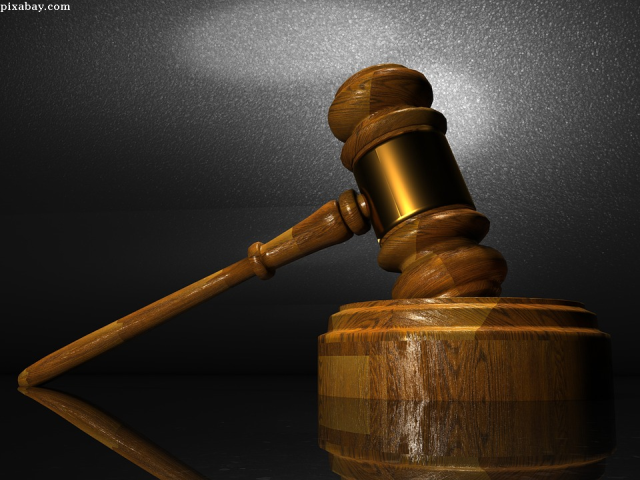Justice Laws: constitutional
The new justice laws have passed the test of the Constitutional Court of Romania
Warning: Trying to access array offset on null in /home/web/rri.ro/public/wp-content/themes/rri/template-parts/content.php on line 53

Warning: Trying to access array offset on null in /home/web/rri.ro/public/wp-content/themes/rri/template-parts/content.php on line 98
Bogdan Matei,
10.11.2022, 13:50
Though disliked by many,
the Constitutional Court remains the implacable arbiter of Romanian political
life. In casual terms, its decisions, even if debated, are enforced. On
Wednesday, it was the turn of the opposition in the Romanian Parliament to
comply with its rule and swallow the bitter pill of referrals rejected by the
judges of the Court. Both the Save Romania Union (USR, center-right) and the Alliance for the
Union of Romanians (AUR, nationalist), as well as the Ombudsman had notified
the Court about elements of unconstitutionality regarding the three Justice
laws adopted in the Parliament dominated by the PSD-PNL-UDMR government
coalition.
However, the Court
decided that the Law on the status of judges and prosecutors, the Law on
judicial organization and the Law on the Superior Council of Magistracy are all
constitutional. The interim Speaker of the Senate, the Liberal Alina Gorghiu,
wrote on social media that the CCR’s decision was correct and natural, and
the laws will be submitted for promulgation. She believes that, in this way, normality
will be resumed. Alina Gorghiu has stressed that Romania’s goal is, at present,
the lifting of the Cooperation and Verification Mechanism, through which
Brussels has been monitoring the functioning of the rule of law in Romania
since its accession to the European Union in 2007. She has also said that Romania’s
accession to the Schengen free movement area also depends on removing this
mechanism.
The procedures regarding
the adoption of the three laws, Alina Gorghiu also claims, were carried out in
coordination with the European Commission, and correcting the justice legislation
was also an objective included in the National Recovery and Resilience Plan, which
the Romanian Government and Brussels agreed upon together.
The Save Romania Union,
however, claims that the new laws will do a lot of harm. According to the
former Justice Minister Stelian Ion, these are extremely bad and harmful laws,
which take us back to the period before admission to the European Union, when
the authoritarian left-wing regime of Prime Minister Adrian Năstase had tried
to subordinate the magistrates and stop the anti-corruption fight.The decision of the
Constitutional Court to reject the notifications submitted by the USR, in the
absence of an opinion from the Venice Commission, proves that the CCR has become
a simple political tool, the former minister also said.
In turn, the AUR
spokesperson, Dan Tănasă, has said that not sanctioning the judges who do not
comply with the decisions of the CCR renders the decisions devoid of their
mandatory nature. The Ombudsman too believes that, in addition to the forms of
manifestation of the right of association, the new legislation in the field
foresees an expansion of the area of functions that can be taken by judges
and prosecutors, which exceeds the activity of doing justice. The opposition
calls on President Klaus Iohannis not to
promulgate the justice laws in their current form and to wait for the opinion
of the Venice Commission. (MI)






























